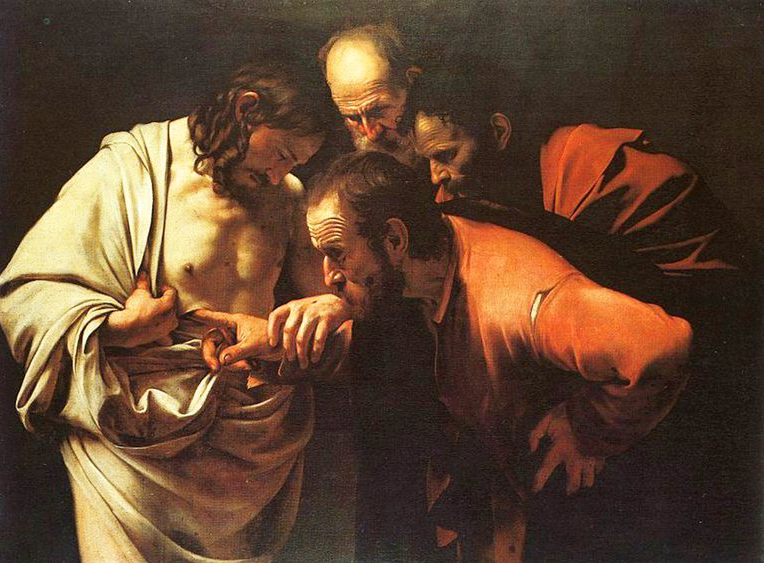1. On Jordan’s bank the Baptist’s cry
Announces that the Lord is nigh;
Come, then, and hearken, for he brings
Glad tidings from the King of kings.
2. Then cleansed by every Christian breast
And furnished for so great a Guest,
Yea, let us each our hearts prepare
For Christ to come and enter there.
3. For Thou art our Salvation, Lord,
Our Refuge, and our great Reward.
Without Thy grace our souls must fade
And wither like a flower decayed.
4. Lay on the sick Thy healing hand
And make the fallen strong to stand;
Show us the glory of Thy face
Till beauty springs in every place.
5. All praise, eternal Son, to Thee
Whose advent sets Thy people free,
Whom, with the Father, we adore
And Holy Ghost forevermore.










4.5